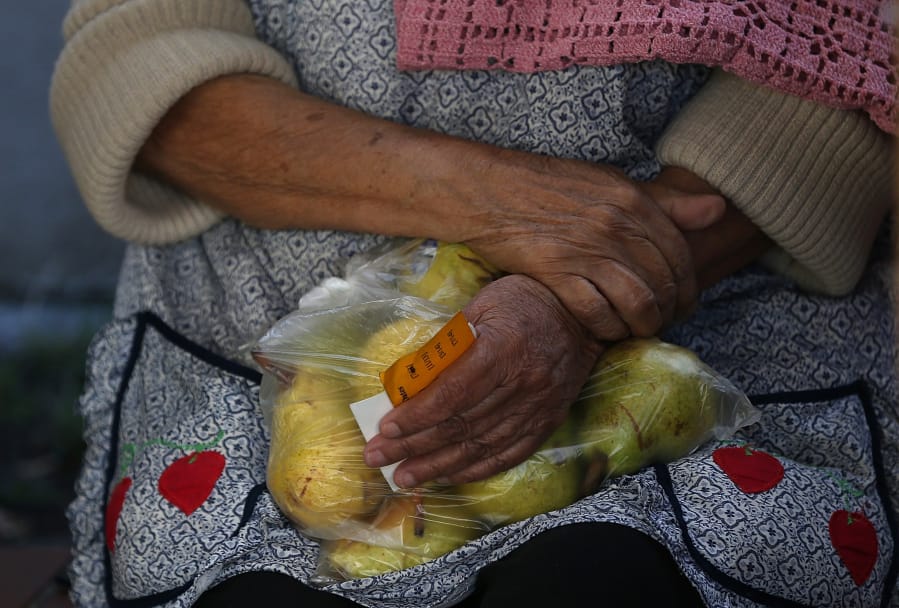WASHINGTON — The Trump administration will announce a plan Wednesday to end food stamp benefits for about 750,000 Americans, issuing a new regulation that makes it harder for states to gain waivers from a requirement that beneficiaries work or participate in a vocational training program, according to people familiar with the matter.
Conservatives have long sought cuts in the federal food assistance program for the poor. House Republicans tried to impose similar restrictions last year when Congress renewed the program but were rebuffed in the Senate.
The work requirement only applies to “able-bodied” recipients who aren’t caring for a child under 6 years old.
The measure would be the first of three Trump administration initiatives curtailing food stamp benefits to take effect. The Urban Institute estimated in an analysis last month that the measures together would cut 3.7 million beneficiaries from the Supplemental Nutrition Assistance Program, or SNAP, often known by its previous name, food stamps.
Currently, states can receive waivers for work requirements if their unemployment rates are at least 20 percent above the national rate, which was 3.6 percent in October. The regulation, which will be published in the Federal Register on Thursday, imposes stricter standards for the waivers.
A Brookings Institution study published in 2018 found more stringent work requirements are likely to hurt people who are already working but whose employment is sporadic. Recipients must work an average of 20 hours a week each month to meet the requirement.
When it initially proposed the regulation in February, the administration forecast the stricter work requirement would end benefits for more than 750,000 people in its first year. At the time, the Department of Agriculture estimated the step would save $1.1 billion in the first year and $7.9 billion over five years.
The final regulation has about the same impact, said a person familiar with the measure.
States seeking waivers to the work rule would have to meet the new, more stringent standards by April 1, said the people, who asked for anonymity to discuss the plan.
As of August, 36.4 million Americans received food stamps, according to USDA. Enrollment has declined as the economy has improved and was down 1.7 million from a year earlier.



